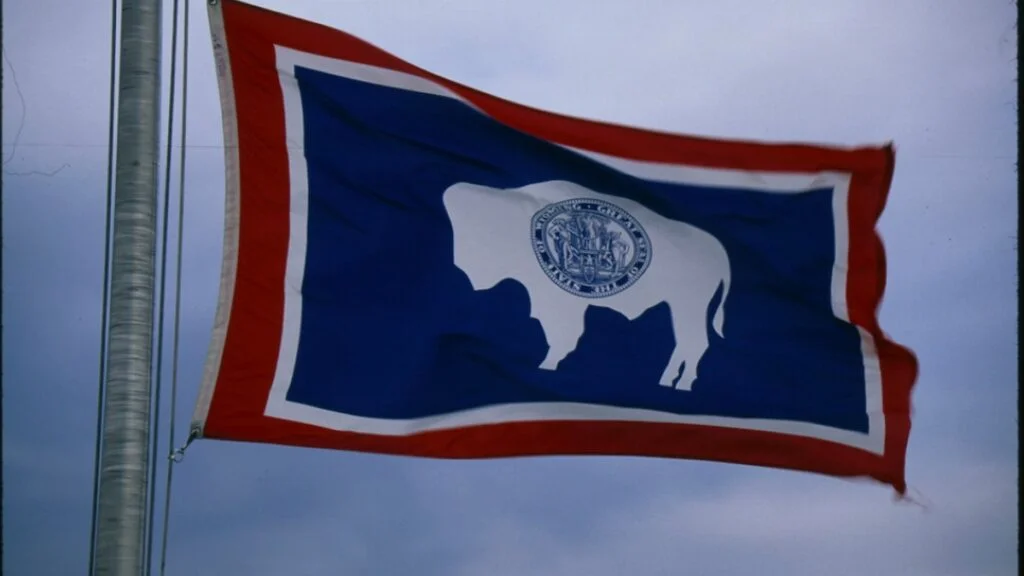In order to solve issues associated with decentralized organizations and bring DAOs under the jurisdiction of current laws, the State of Wyoming enacted a historic crypto bill.

Wyoming Governor Mark Gordon adopted a state statute recognizing decentralized autonomous organizations (DAOs) as legitimate entities under the Decentralized Unincorporated Nonprofit Association Act (DUNA) on March 7.
On July 1, the law will go into force. DAOs are community-run, as opposed to standard company operations, and they grant members the ability to make decisions using crypto governance tokens. In the end, the idea created a legal issue for both participants and regulators.
Entities’ tokens were treated like stock, subject to securities laws for examination, and members might face extensive legal action. This was made clear in the complaint filed by the Commodities Futures Trading Commission (CFTC) against Ooki DAO.
The CFTC charged the group with operating an unregistered trading platform, and they took action to make all Ooki token holders accountable for the DAO’s activity.
The DUNA law in Wyoming uses the unincorporated nonprofit associations model to solve these problems by enabling decentralized organizations to continue operating as nonprofit organizations legally while producing income and distributing it to members.
DUNA gives these groups the authority to enter into contracts with outside parties and appear in court with legal representation. DAOs can now pay taxes under Wyoming law, and limited liability agreements shield members.
This implies that individuals may not be held accountable for the deeds of other individuals or the organization as a whole. Miles Jennings, senior counsel for Andreessen Horowitz (a16z) in the cryptocurrency space, noted that DUNA has arrived at a turning point for the industry and will address major issues that these decentralized organizations experienced in the past.
A16z favored the bill’s advancements and believed that its passage marked a turning point for web3. As Miles Jennings stated:
“Wyoming’s new law will enable blockchain projects to operate within the bounds of applicable laws without compromising their decentralization. It also keeps them permissionless. This is a major breakthrough”

